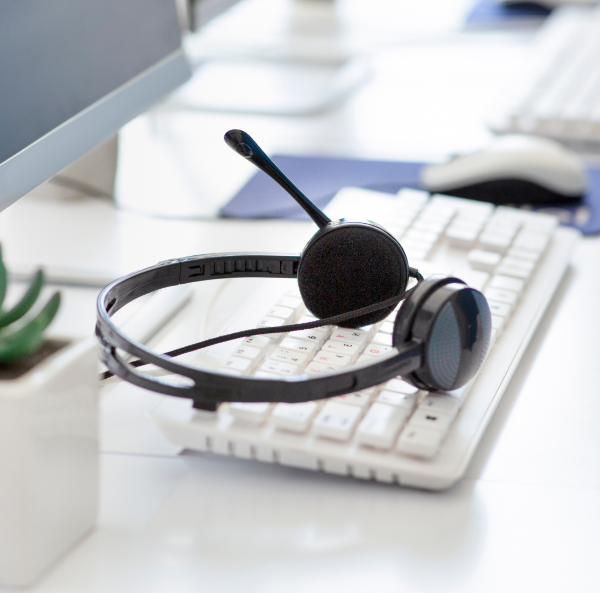IMAC aids workforce readiness for vaccination success in the Pacific

As part of the Polynesian Health Corridors programme, a five-year programme led by the Ministry of Health to strengthen existing linkages between the New Zealand and Polynesian health systems, the Immunisation Advisory Centre (IMAC) has been contracted to provide expert advice

As part of the Polynesian Health Corridors programme, a five-year programme led by the Ministry of Health to strengthen existing linkages between the New Zealand and Polynesian health systems, the Immunisation Advisory Centre (IMAC) has been contracted to provide expert advice and education to support workforce readiness and a successful COVID-19 vaccination rollout in Niue, Tokelau and the Cook Islands.
Following vaccination kick-off in the Cook Islands, which coincided with their borders reopening this enabled IMAC professionals to be on the ground in the Cook Islands and work alongside their Cook Island colleagues to build their capability for the vaccine programme. The training support for Niue and Tokelau has needed to take a different approach.
Unable to physically enter these remote countries and faced with unique differences in infrastructure, culture and environment, a healthy dose of local ingenuity and strong partnerships was required to prepare both the vaccine and the workforce for its rollout in bespoke ways that workfed for the individual countries. personalised ways.
“As you can imagine, Tokelau - with its distance and three atolls - has been the most logistically challenging,” says IMAC’s Programme Manager – Education and Quality, Bernadette Heaphy.
The vaccine in use is the COVID-19 Pfizer/BioNTech vaccine, the same one New Zealand is using. It comes with specific requirements around how the vaccine must be stored in cold conditions, known as a cold chain process.
Bernadette is a cold chain management expert and worked closely with the New Zealand Defence Force and Ministry of Health behind the scenes on the logistics needed to ensure the vaccine’s safe transportation, involving loading a -20˚C freezer on the specially chartered ship.
“The New Zealand Defence Force played a critical role in getting the vaccines there safely and it was my pleasure to support them with cold chain advice and compliance,” Bernadette said.
Her expertise extended to remote education of the workforce on cold chain management for once the vaccine was off the ship. Here, the difference in supporting a New Zealand-based workforce versus workforce based in the Pacific Islands became more pronounced.
“For example, Kiwi colloquialisms like the use of the word ‘chilly bin’ aren’t all that useful (they refer to it logically as a ‘vaccine carrier’).
“Fortunately there are always local solutions, made easier by the workforce’s high level of care and enthusiasm in the vaccine rollout,” said Bernadette.
IMAC Immunisation Education Facilitators Abbey Palmer and Nicola Metcalfe emphasise that the engagement from the workforce was rewarding, despite the challenges of providing virtual training with unreliable internet access.
They explain that education is always a partnership, and although they weren’t on the ground they got much fulfilment from their involvement because of how motivated and appreciative the local healthcare teams were of the knowledge IMAC was able to share with them.
“The proof is in the pudding – Niue’s high vaccination rate for example – and it’s great to see our part in contributing to their success,” Nicola says.
“Our training was not just about the practical aspects of administering the vaccine for the health professionals, it also addressed how to communicate about the vaccine and vaccination campaign with families and communities to encourage strong uptake of the programme.”
IMAC’s ongoing supporting role in the Pacific is provided by Leilani Jackson, COVID Programme Manager – Pacific Islands, and Ellaine Rasch, COVID-19 Nurse Educator – Pacific Islands.
Leilani explains that communication is the key to successful partnerships. “We have adapted to what works best for the workforce so that those communication lines of support can remain open and accessible in real time. For example we are using a very active Facebook group, which has proven easier for the team to receive information on the go than via email.”
“It’s been great to see best practice reflected in photos they are sharing on Facebook,” adds Ellaine.
“A real highlight has been seeing how much knowledge the local health workforce has gained through this process, and of course the high vaccine coverage being achieved for the eligible population as a result of a uniquely collaborative effort,” Leilani said.
See also:
- Covid-19: How some of the world's most remote islands achieved the best vaccination rates - Brittany Keogh, Stuff
- IMAC supporting Cook Islands COVID-19 vaccination roll-out

Trending News




%20(480%20%C3%97%20300%20px)%20(1600%20%C3%97%20400%20px)%20(960%20%C3%97%20360%20px)%20(480%20%C3%97%20300%20px)%20(1).png)



